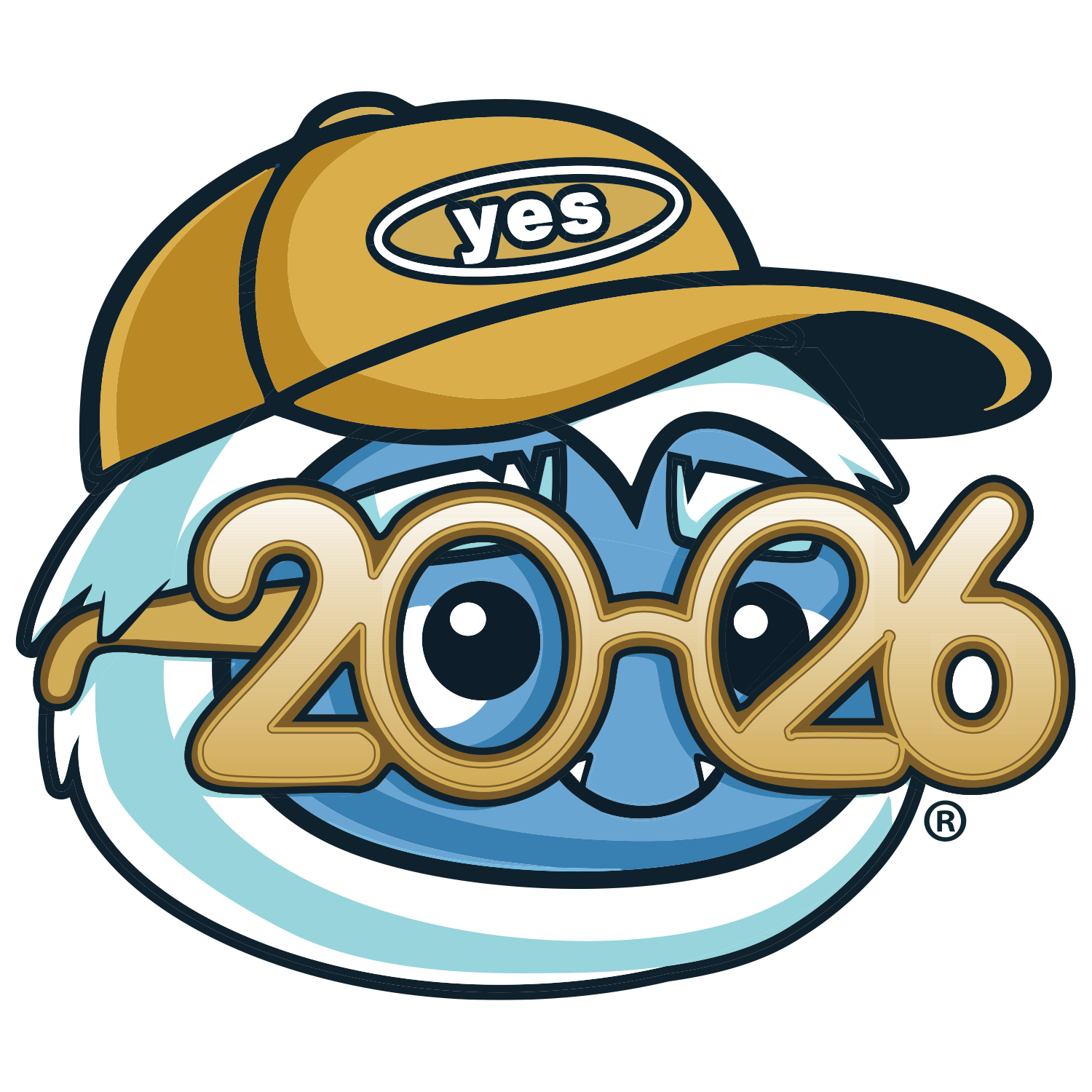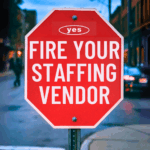How Do Employment Agencies Work?
Employment agencies (or staffing agencies) aren’t all that complicated. In fact, the way they work is really a simple process.
A job seeker is looking for work.
An employer is looking for workers.
The employment agency acts as the bridge between the two parties.
How Does the Employment Agency Bridge the Gap?
The whole process starts when a job seeker applies for work through the agency.
The agency might have attracted the jobs seeker via a variety of means:
- Help wanted ads
- An online job board
- Word-of-Mouth
- Friend or relative
- Social media
- Your Employment Solutions Blog
What Does the Employment Agency Do for the Jobseeker?
Basically, it acts as a job placement agency and do everything it can to match the job seeker to the right job and put them to work.
The job seeker is taken through the application process, which includes interviews, background screening, etc. – and if all goes well – becomes the agency’s employee.
The employee is then sent out on loan to an employer for which the agency charges a fee to that company.
This is a free service for the employee. If you cross paths with an employment agency that wants to charge you to find a job, be wary.
What Does the Employment Agency Do for the Employer?
The employers are – in reality – the agency’s clients. The agency serves their client’s interests by finding the right people for their jobs. The client is charged a fee when the right employee is found, which is how an employment agency makes money.
The employment agency provides many services to their clients including:
- Interviews
- Screening
- Human resource services
- Worker’s compensation insurance
- and more.
How the Employment Process Works
The process of hiring staffing agencies use will vary with the type of job being offered. Sometimes the agency will send an employee to a client to start work right away. Other times, they will first need to submit the jobseeker’s resume for an interview.
Depending on the situation, the employment agency will provide the jobseeker with guidance. They might help with a resume; provide interview tips, or other advice, as it’s in the employment agency’s interest that the jobseeker gets the job.
But, that is only true if they’ve found the right person. Sending an unqualified person out to a job will compromise the agency’s relationship has with the client.
Also, it is not good situation for the jobseeker.

If a jobseeker is sent for an interview, and gets the job, they’re generally put to work as soon as possible.
How Long Does the Job Last?
The length of time a jobseeker remains an employee of the agency varies. Some jobs are temporary; others are long-term, but indefinite. Some clients work the employee on a trial basis – say 90 days before extending a permanent offer of employment with their company. Some employers will execute a direct hire right away.
Alternatively, if a jobseeker interviews and doesn’t get the job – or decides the job isn’t a good fit – an employment agency can sometimes provide other job options.
That’s another advantage of working with a staffing company: a jobseeker can apply to many different jobs via one application.
And that’s how employment agencies work.
Like I said, simple!
Cheers to Utah Employment!
Eric Nelson
Marketing Manager
Your Employment Solutions
“I help connect Utah jobseekers to Utah jobs.”
P.S. Be sure to visit our Utah job board to see what jobs our employment agency has available!





